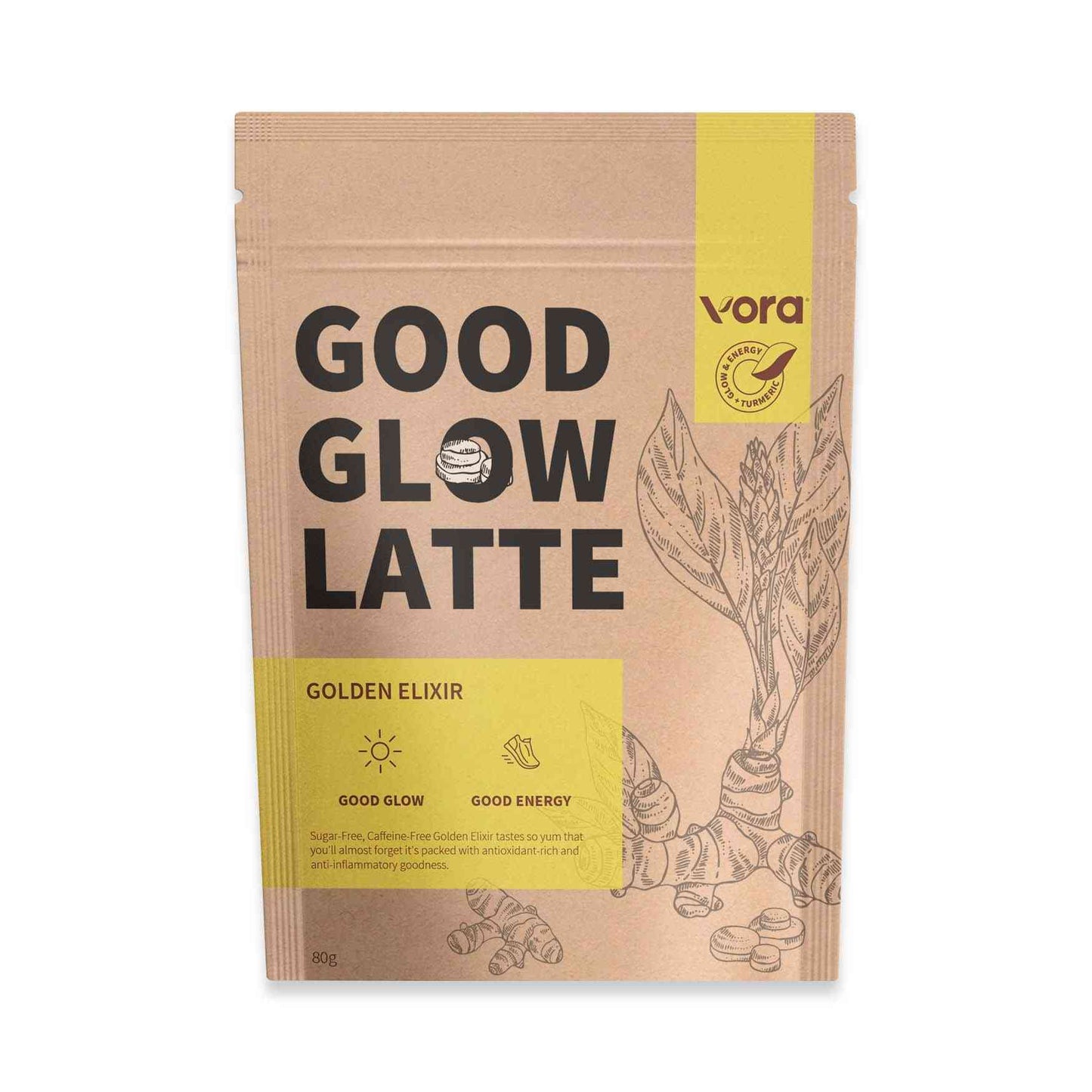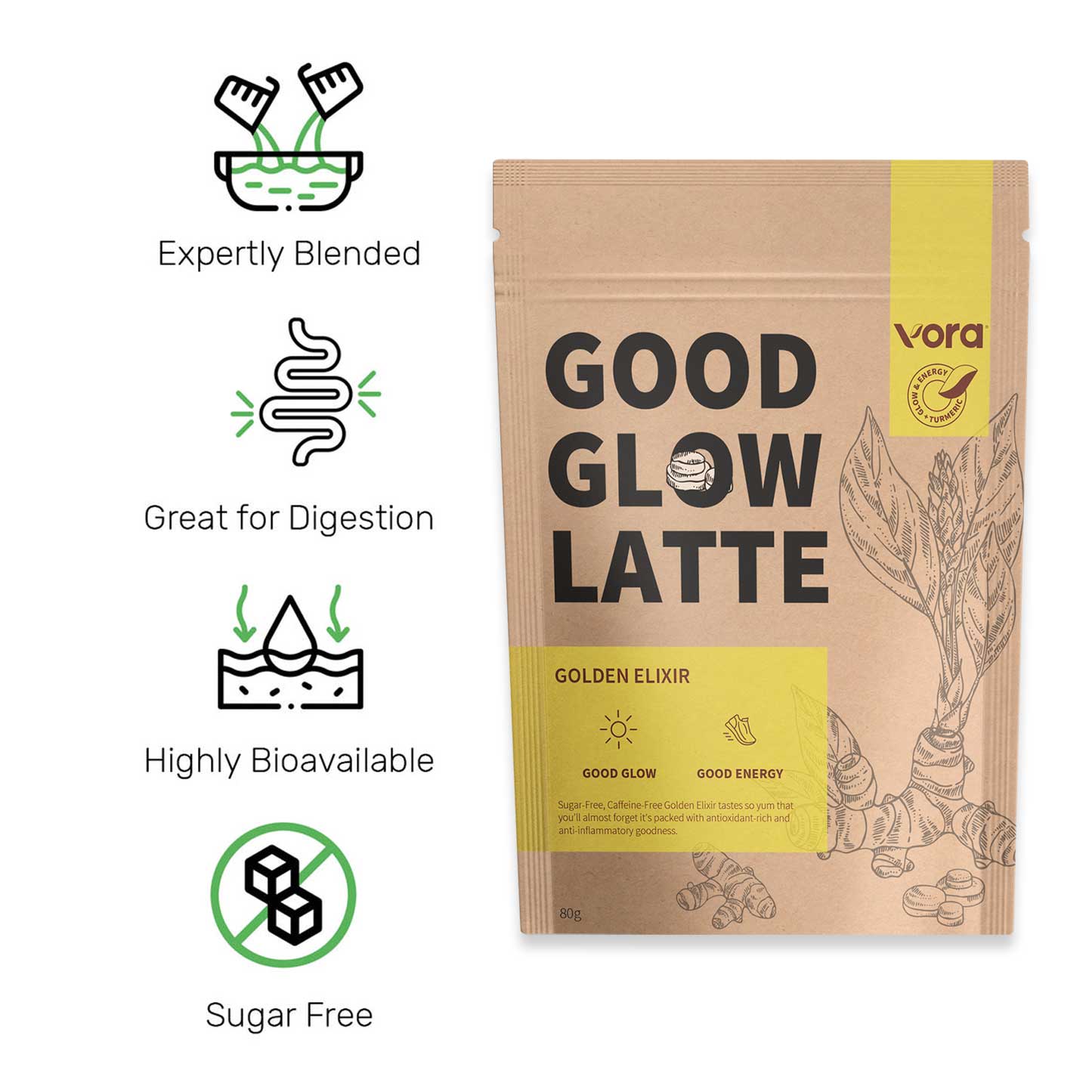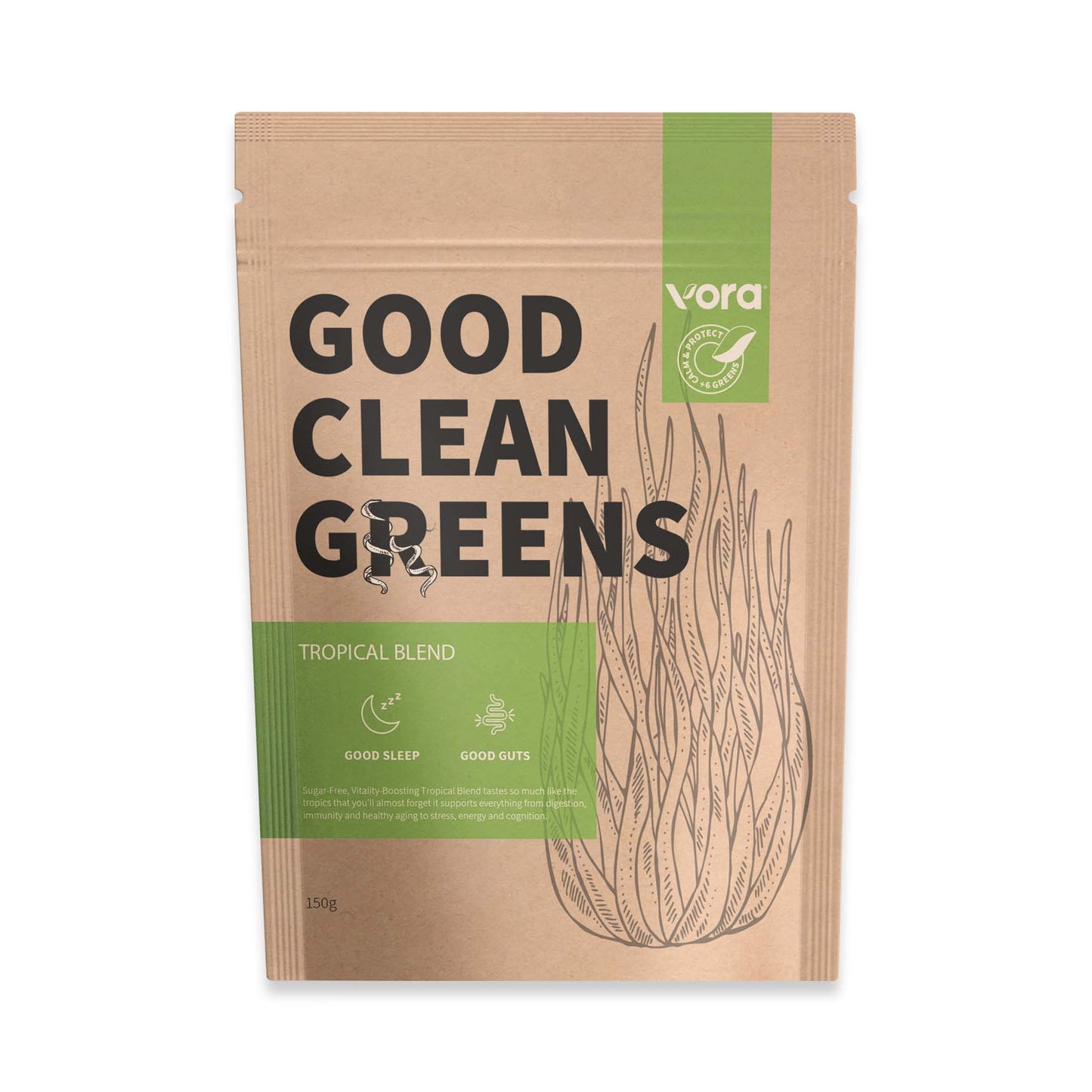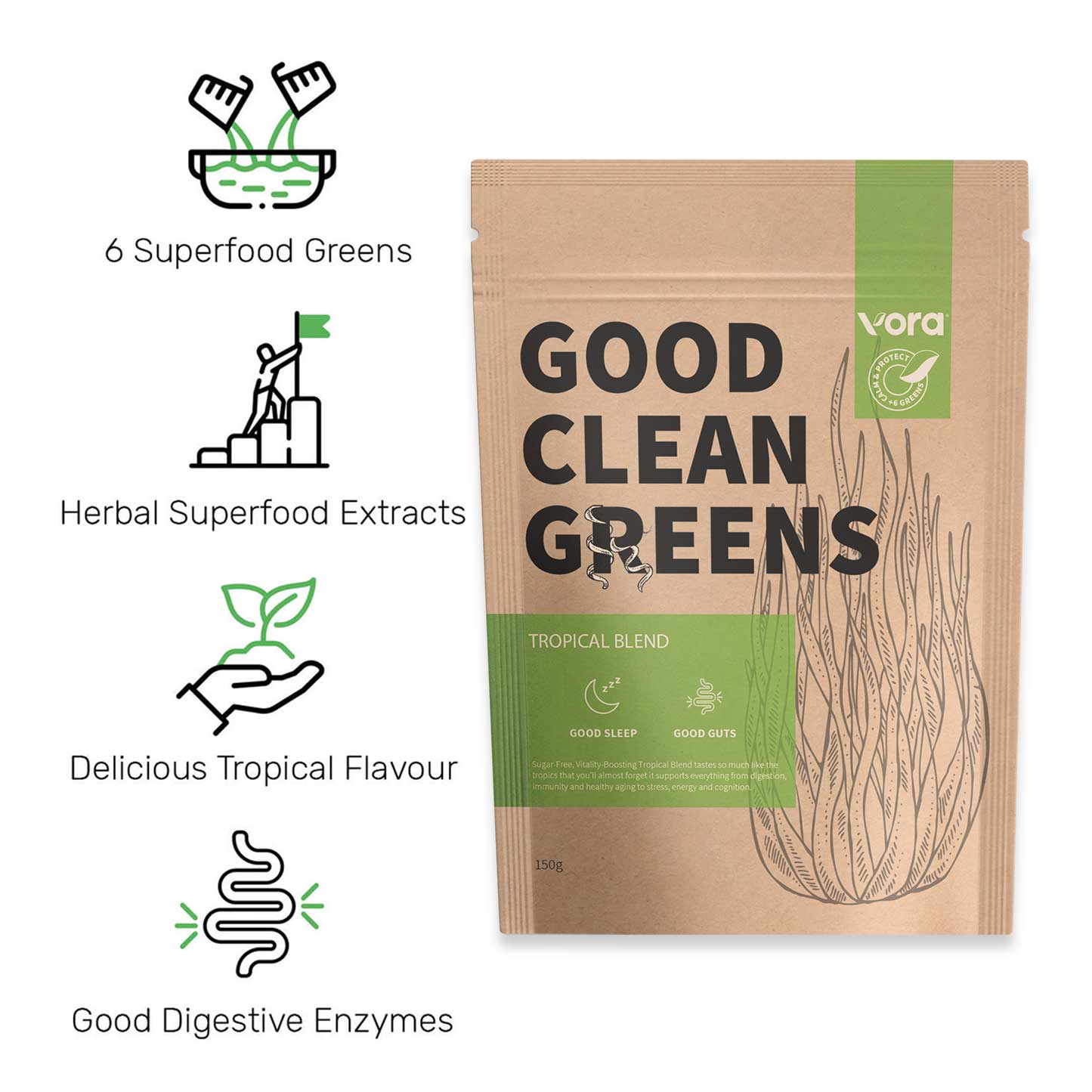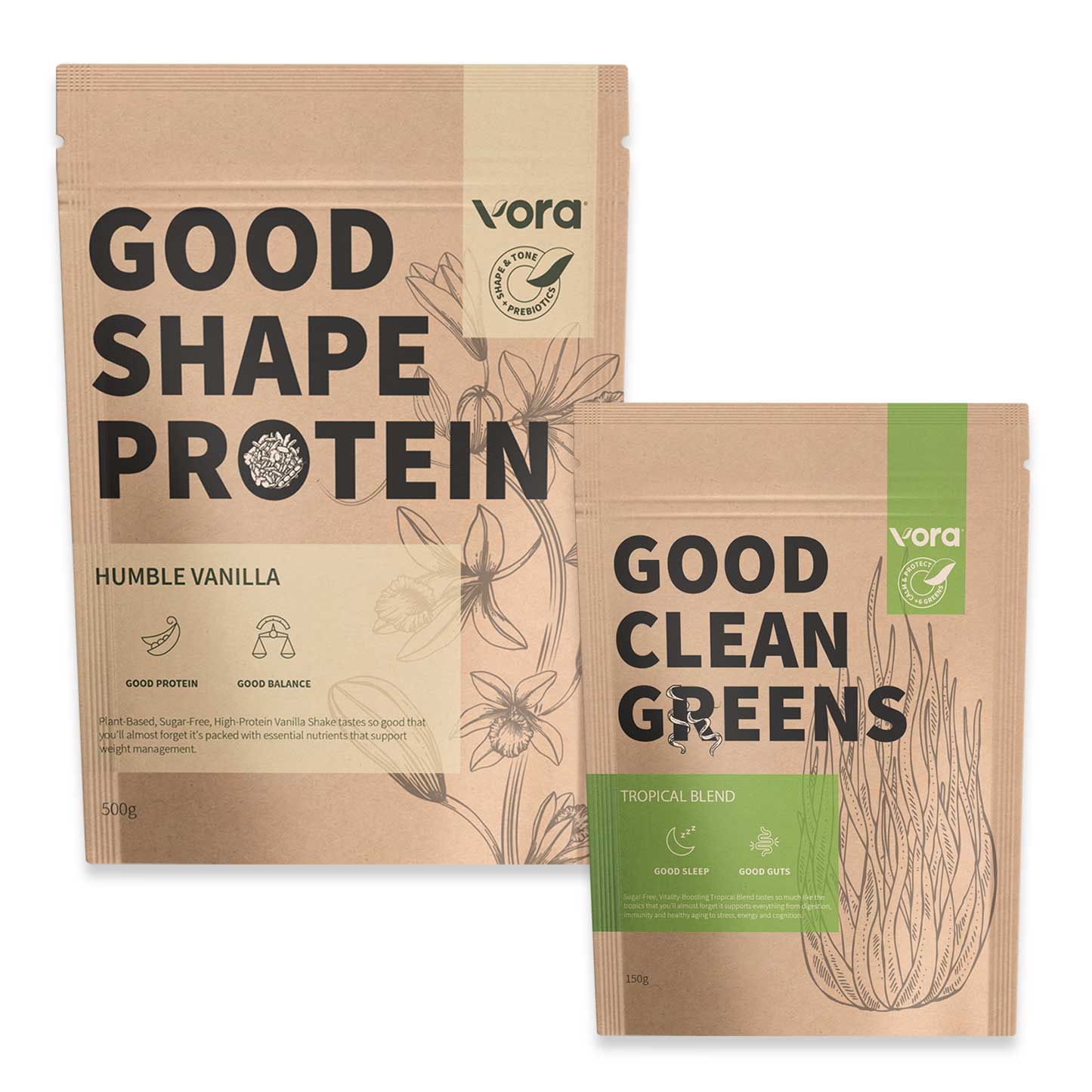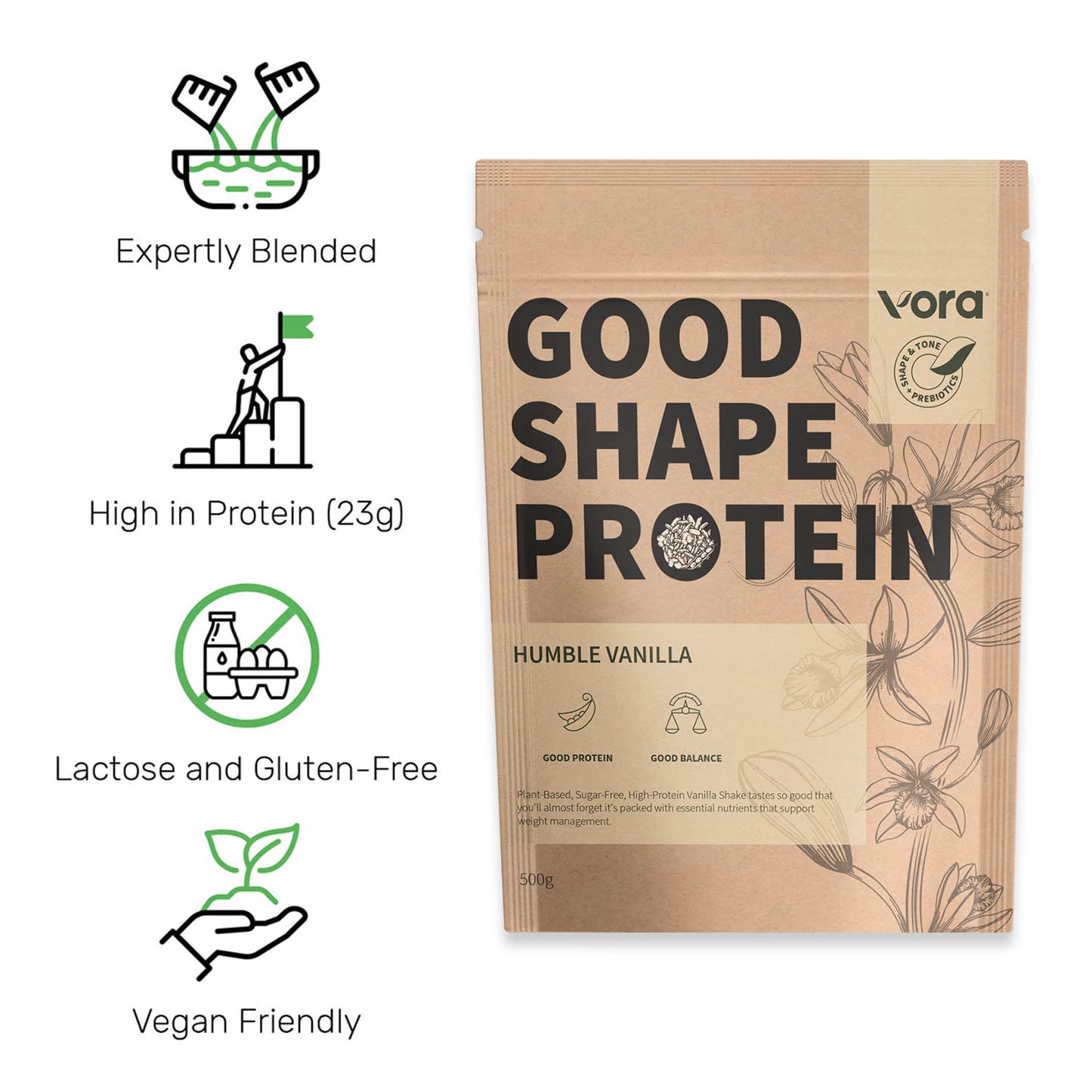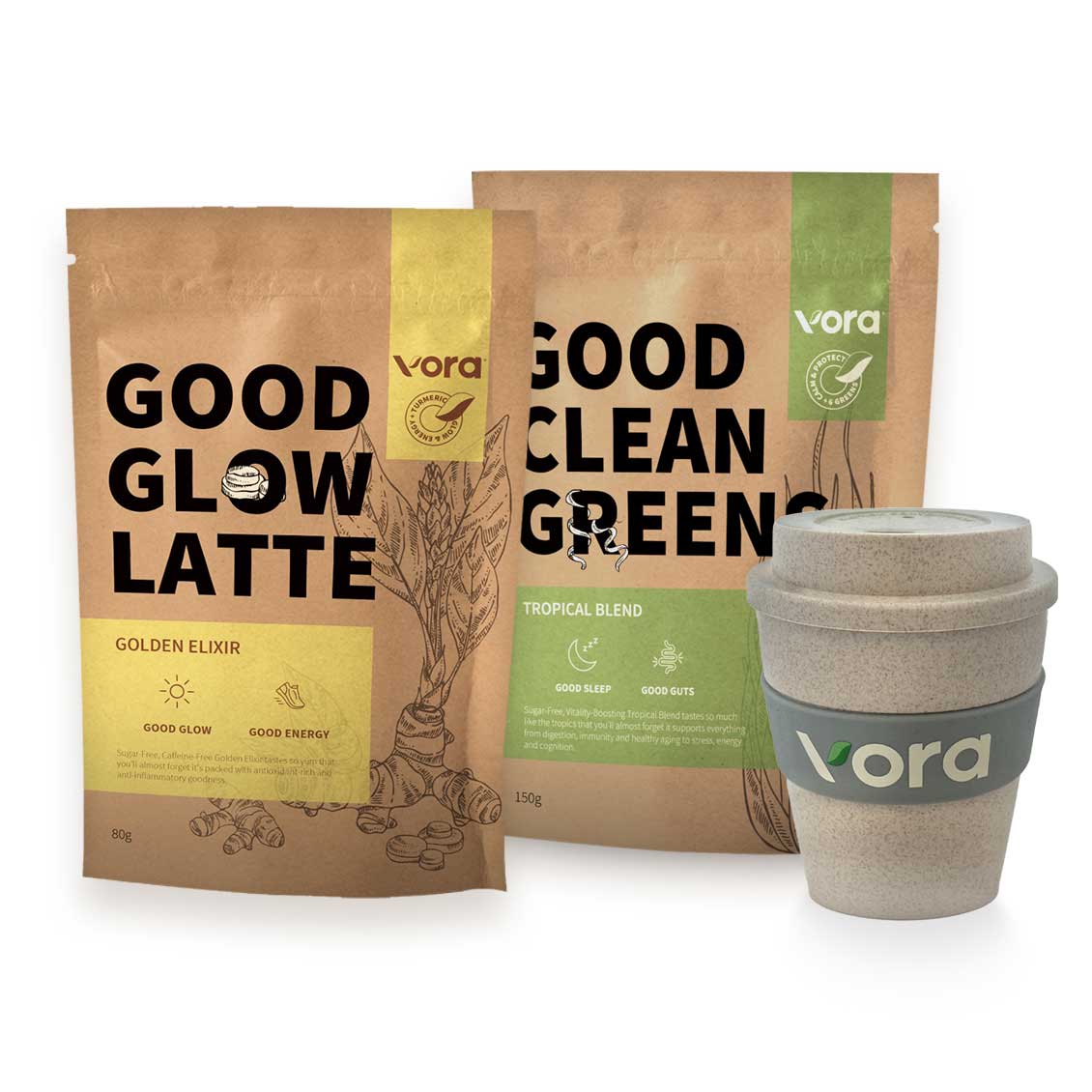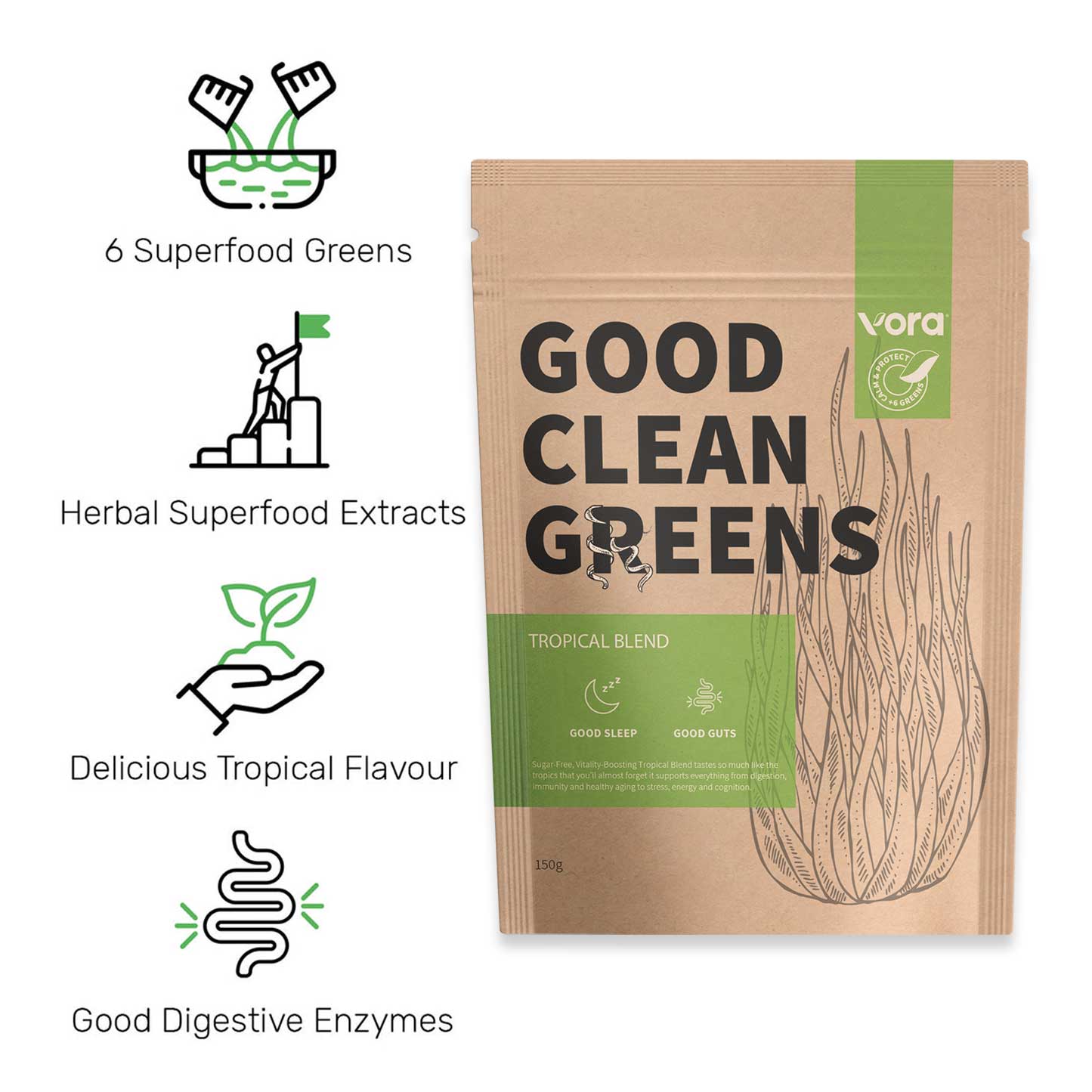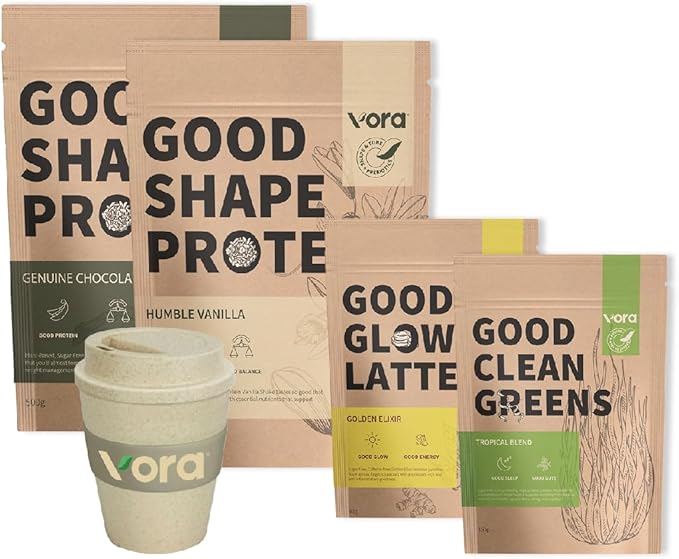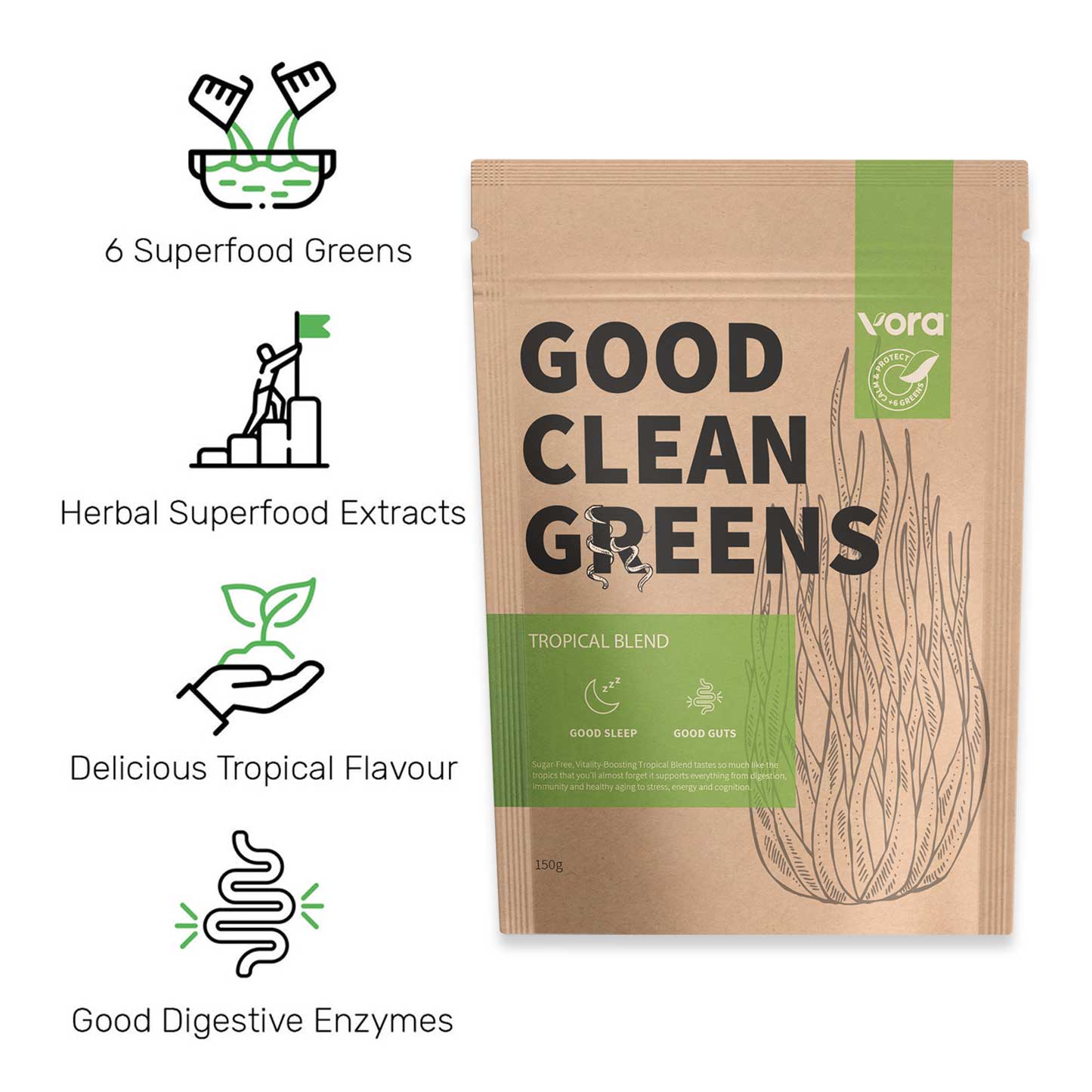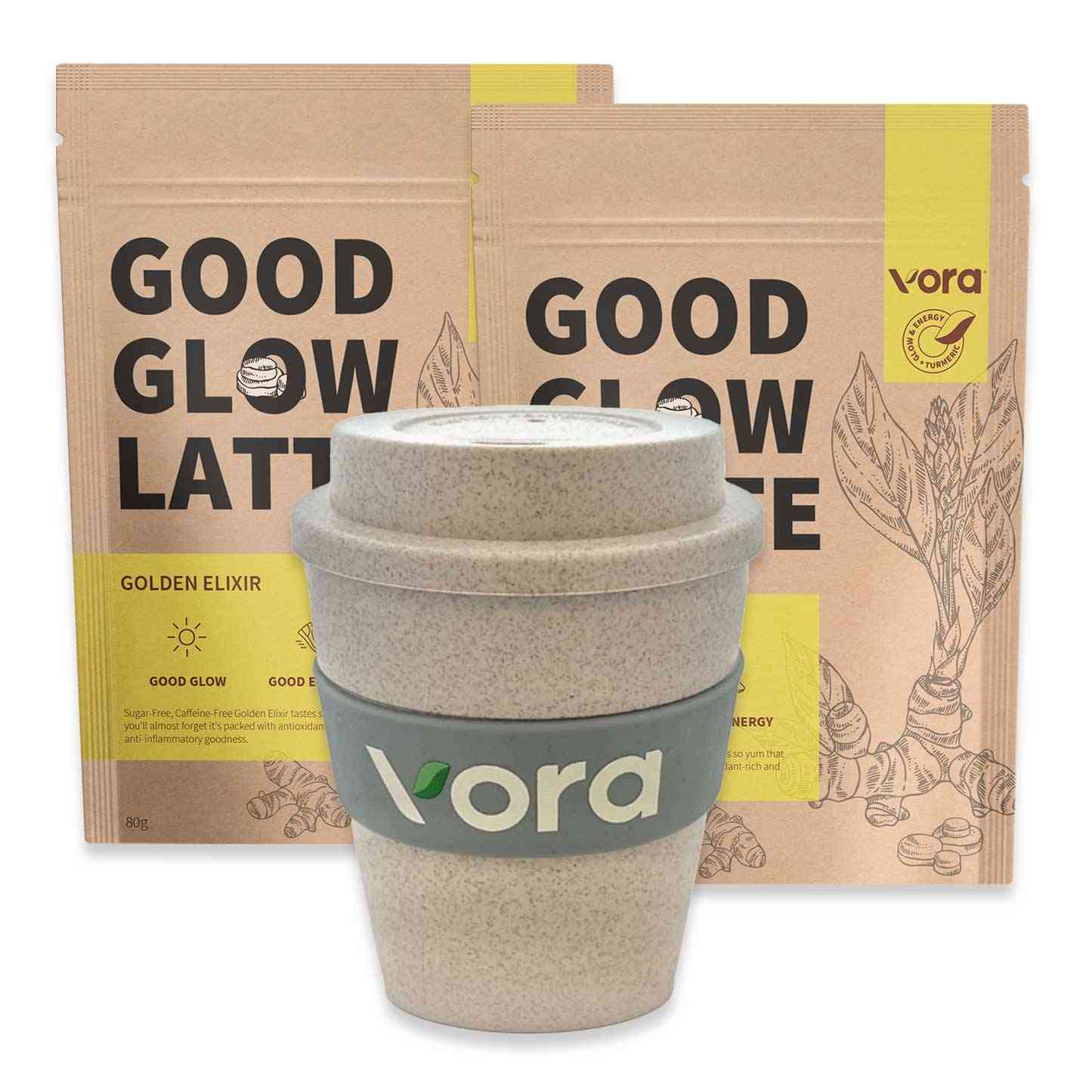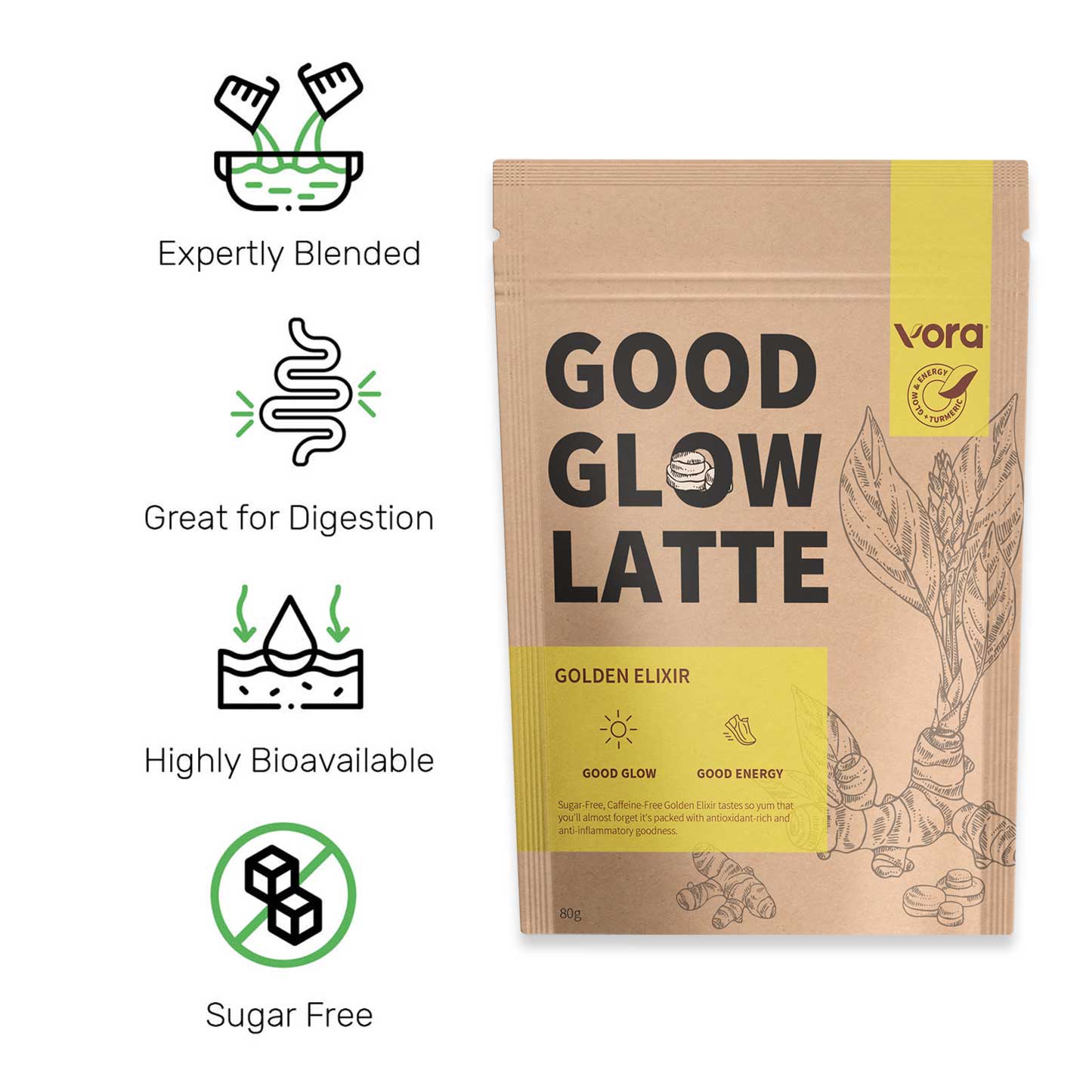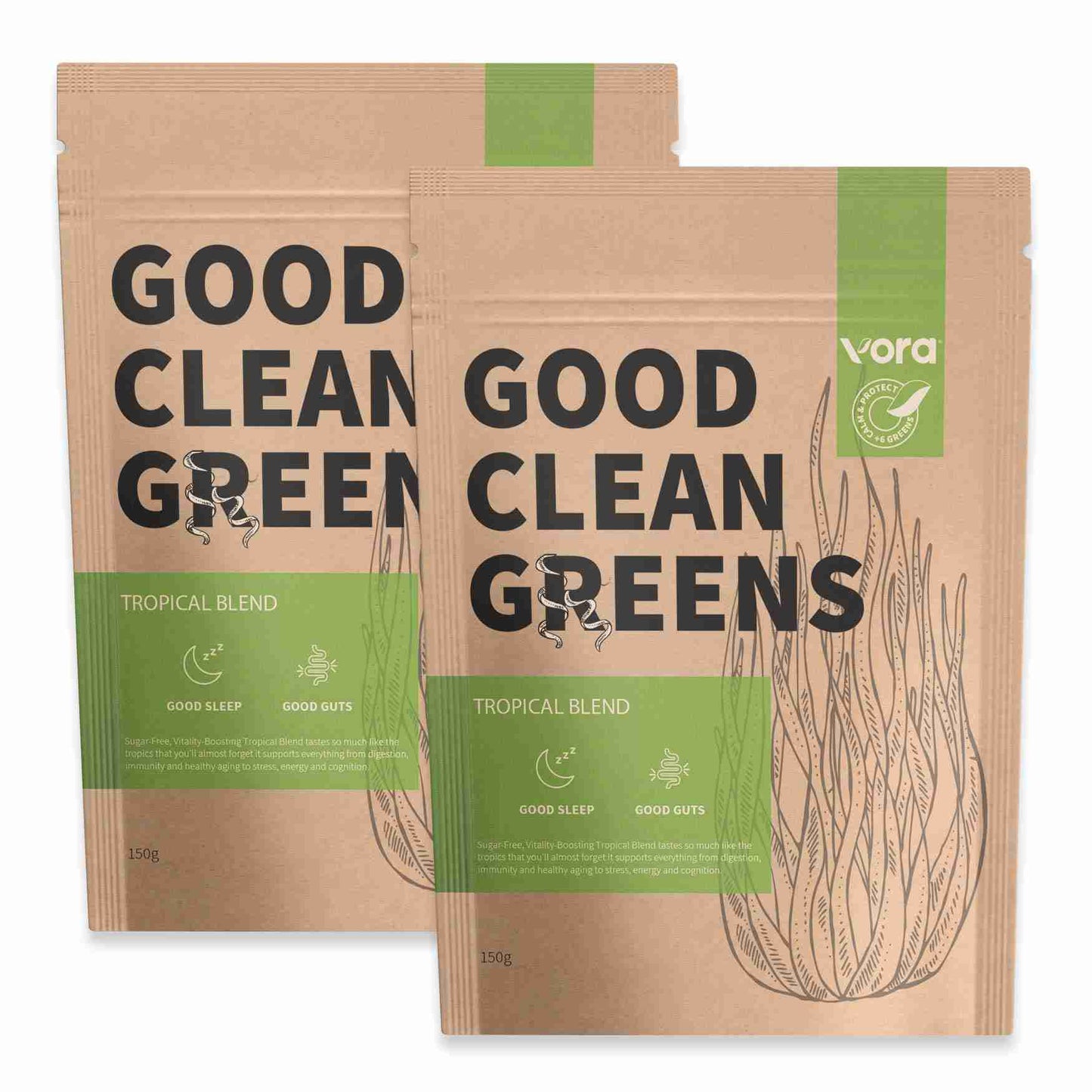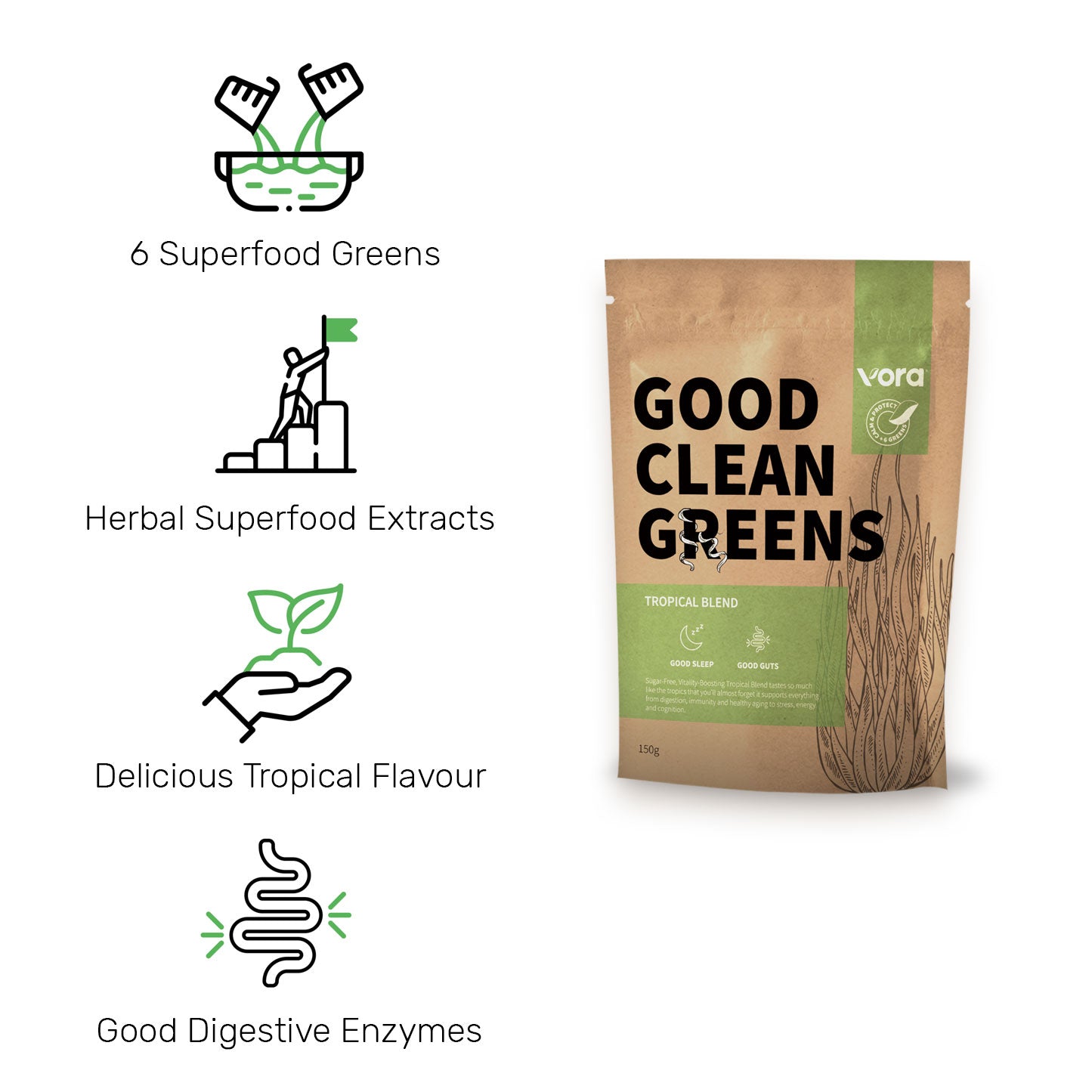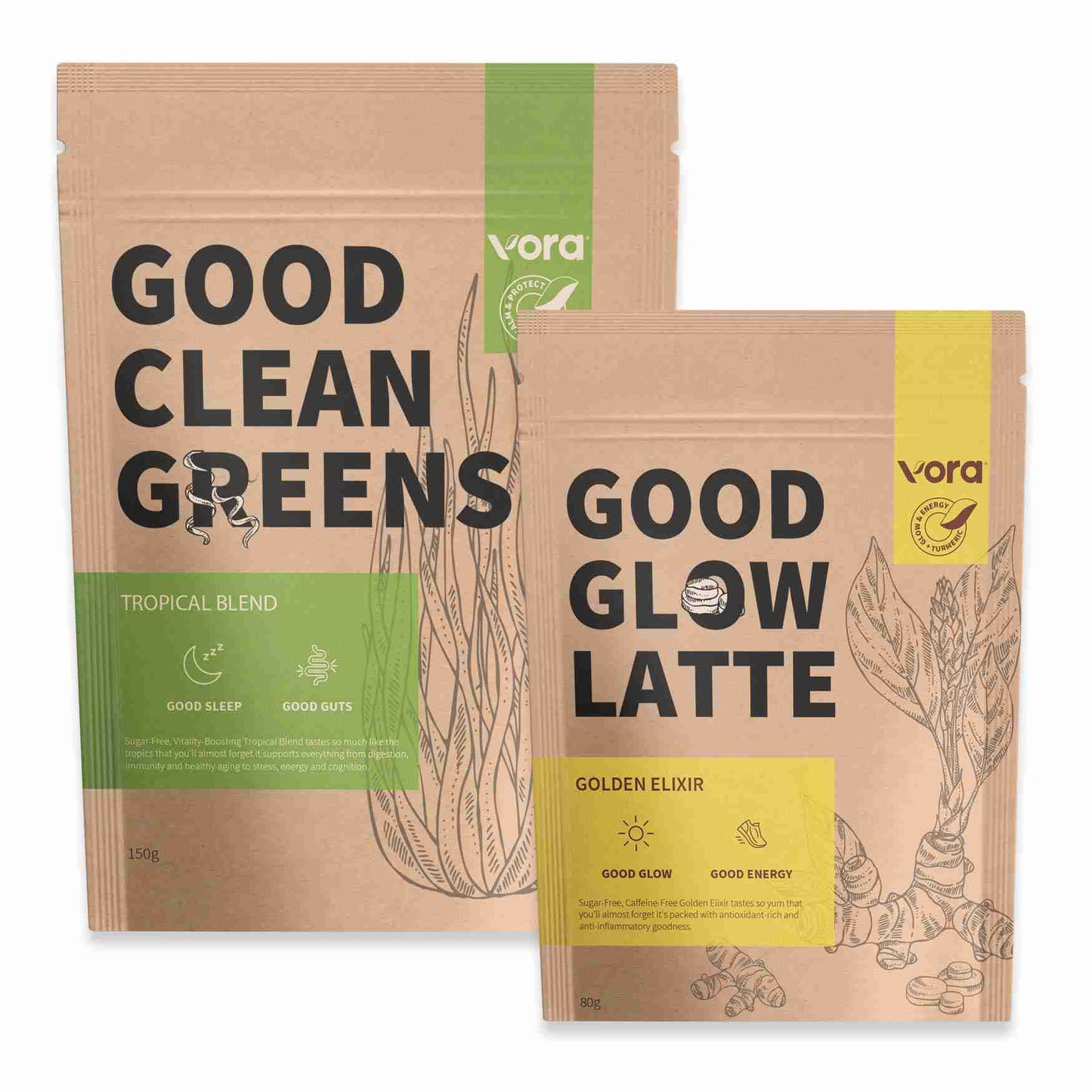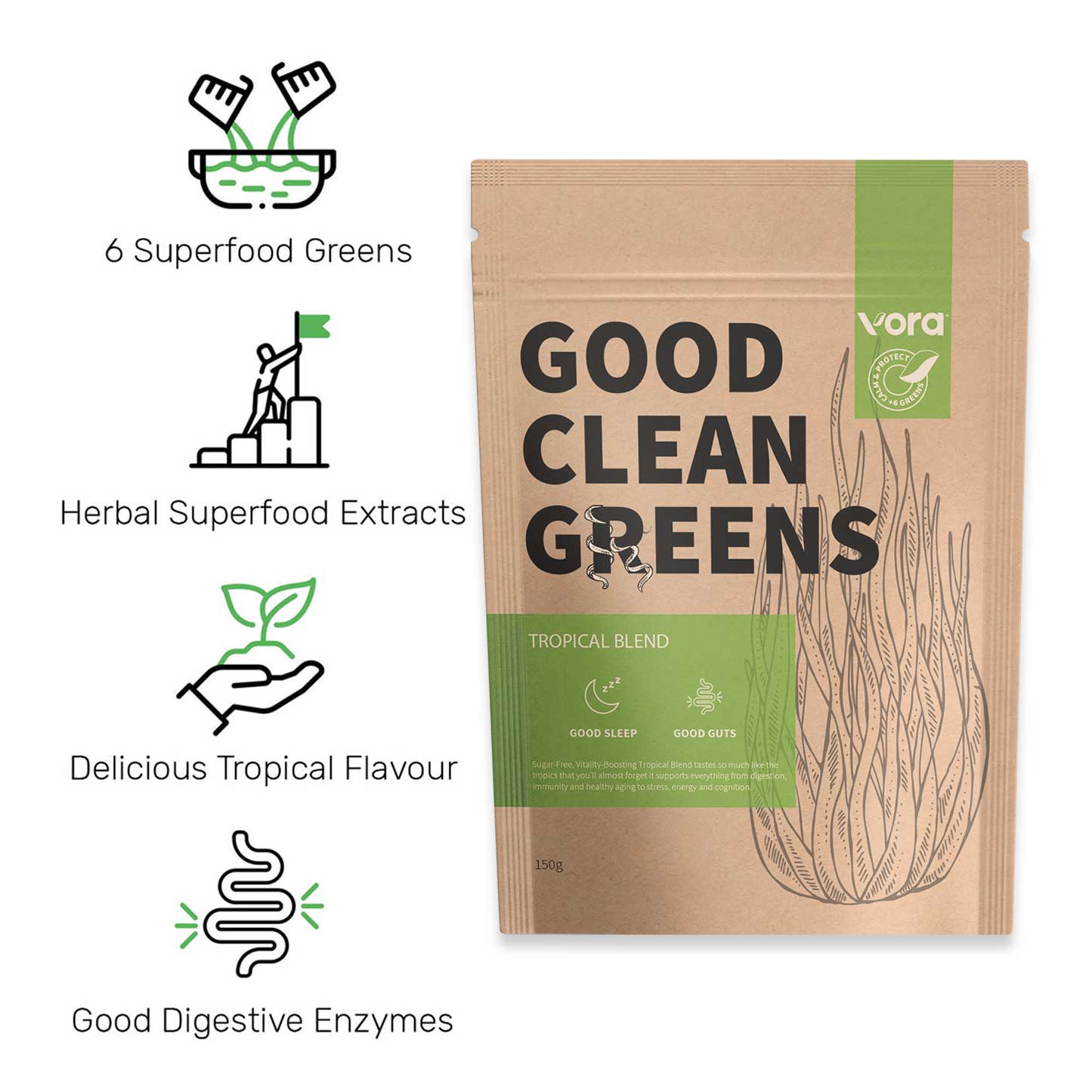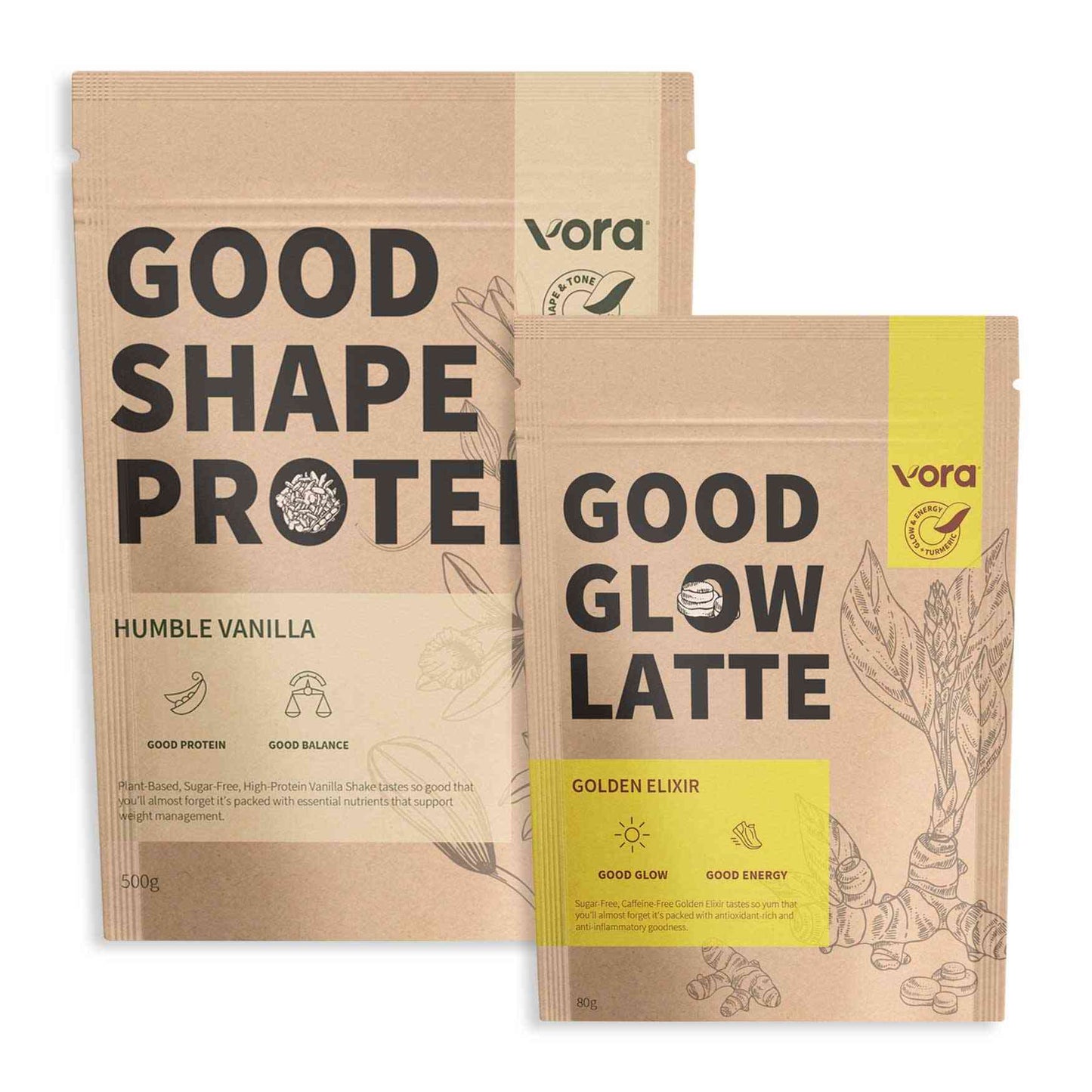SuperFoods Collection
These nutrient-dense powerhouses help replenish your energy, boost your immunity and rejuvenate your body.
Plus, no artificial flavours, colours, sweeteners or preservatives!
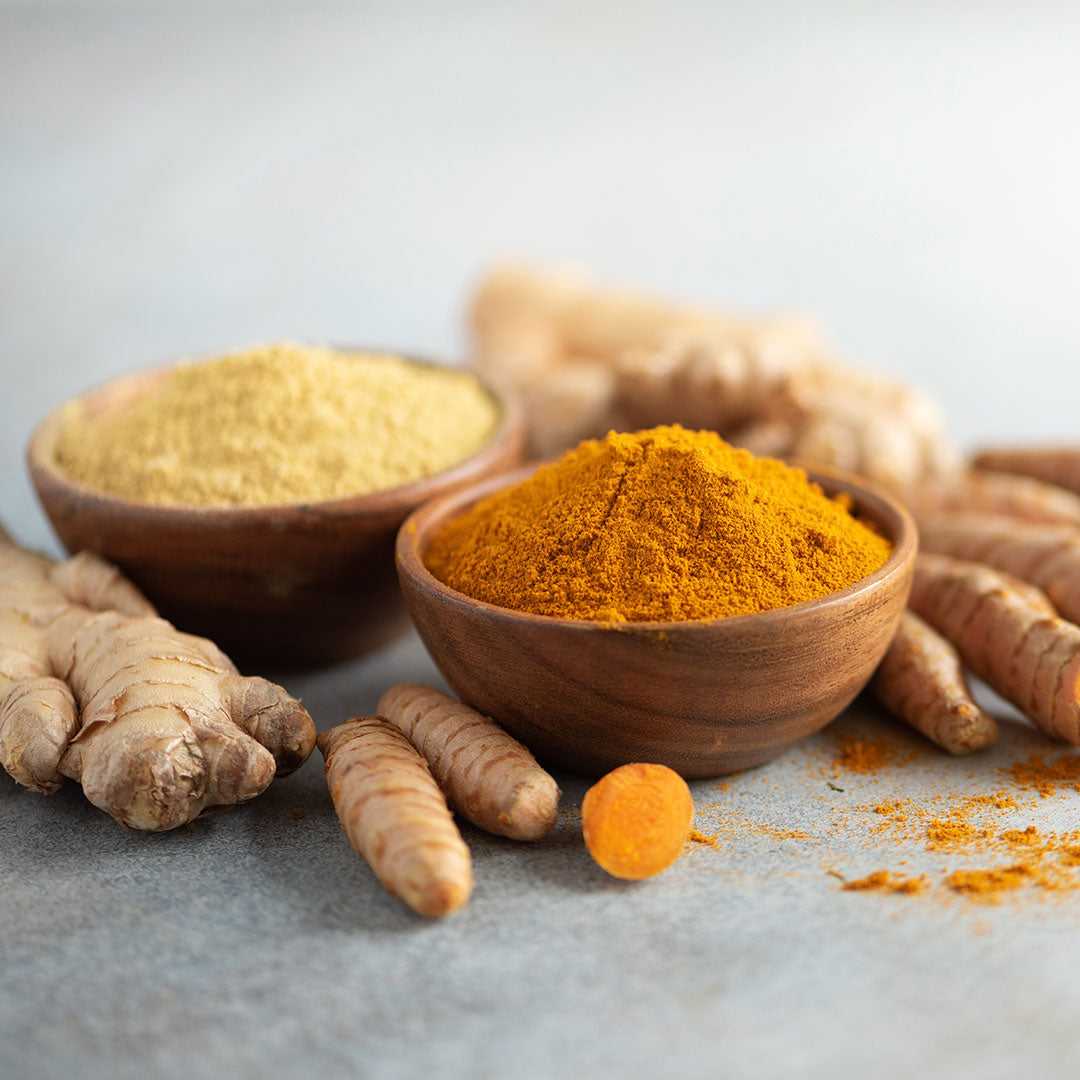
WHAT IS A SUPERFOOD?
The term superfood is generally used to describe certain foods that are low in calories but also particularly rich in vitamins, minerals, antioxidants and other nutrients.
Examples from everyday life include berries, nuts, eggs, green tea, cinnamon and even salmon!
Superfoods are incredibly healthy and can be used in a variety of ways, in conjunction with a healthy diet. You can eat them whole, or simply sprinkle superfood powders in anything from smoothies to juices, and to soups and salads!
What are the benefits of superfoods?
Superfoods alone should never replace a healthy diet, but if you’re already eating healthy, superfoods can be a great way to supercharge your health and add variety to your diet.
Because they're packed with so many vitamins, minerals, antioxidants and phytonutrients, superfoods have been shown to help reduce inflammation, support healthy cholesterol levels, rejuvenate the complexion, strengthen hair and nails, and more.
Each superfood is unique, of course, but did you know a food’s colour can offer you a peek into its nutrient profile?
Let’s look at some common superfoods from the colour perspective:
- Leafy greens (green): Greens like broccoli and kale are exceptionally high in vitamin C, which has been shown to help prevent damage from free radicals that can cause premature ageing. The greens are also high in phytonutrients like beta-carotene, lutein and zeaxanthin, which are thought to protect against macular degeneration (a leading cause of blindness), cataracts and other eye diseases.
- Berries (blue, red and black): Berries get their deep, dark colour from their high levels of anthocyanins, which is a group of flavonoids that have been shown to help prevent cancer, heart disease and age-related cognitive decline.
- Salmon (orange). Salmon is an excellent source of omega-3 fatty acids, which may help to prevent heart disease and stroke. It’s also high in protein, B vitamins and selenium, a trace mineral that helps protect against DNA damage from free radicals (one reason why it might reduce the risk of cancer). It gets its peach colour from astaxanthin, a powerful antioxidant that may help lower cholesterol and reduce the risk of heart disease.
- Tomatoes (red): Tomatoes get their bright red colour from lycopene, a carotenoid that has been linked to a reduced risk of several types of cancer, including prostate cancer. Tomatoes are also an excellent source of vitamins A and C, potassium and manganese.
- Turmeric (yellow): Turmeric is best known for adding colour and flavour to many Indian dishes. But it's also an antioxidant powerhouse. Its bright yellow colour comes from curcumin, a phytochemical that has been shown to have anti-inflammatory properties. Tumeric is also known for its ability to lower cholesterol levels, improve blood sugar control and fight cancer.
Are superfood powders good for you?
Even the healthiest eater may find it challenging to consume the recommended two servings of fruit and five servings of vegetables every day, much less a variety that includes foods from across the colour spectrum.
This is where superfood powders can be a lifesaver! When eaten in conjunction with a healthy, well-balanced diet, superfood powders are a convenient way to fill in any nutritional gaps. They're portable, last a while when stored properly and can be added to just about anything!
When choosing a superfood powder, make sure to check the ingredients list and avoid anything that contains artificial colors, flavours, sweeteners or preservatives.
Are superfood powders worth it?
Absolutely! Superfood powders are an incredible way to get your daily dose of nutrients in a convenient, easy-to-take form. Here are some tips to ensure you get the most bang for your buck:
Use as part of a healthy lifestyle.
You'll get the most benefit out of superfood powders if you're already exercising and eating a wide variety of fruits and vegetables. Get these lifestyle factors right first, then consider adding superfoods to your diet.
Consider how you'll use them.
You won't get any benefit out of superfood powder that sits on the shelf collecting dust. Incorporate them into your daily routine, whether it's by adding them to smoothies, sprinkling them on your cereal or adding them to your cup of tea.

